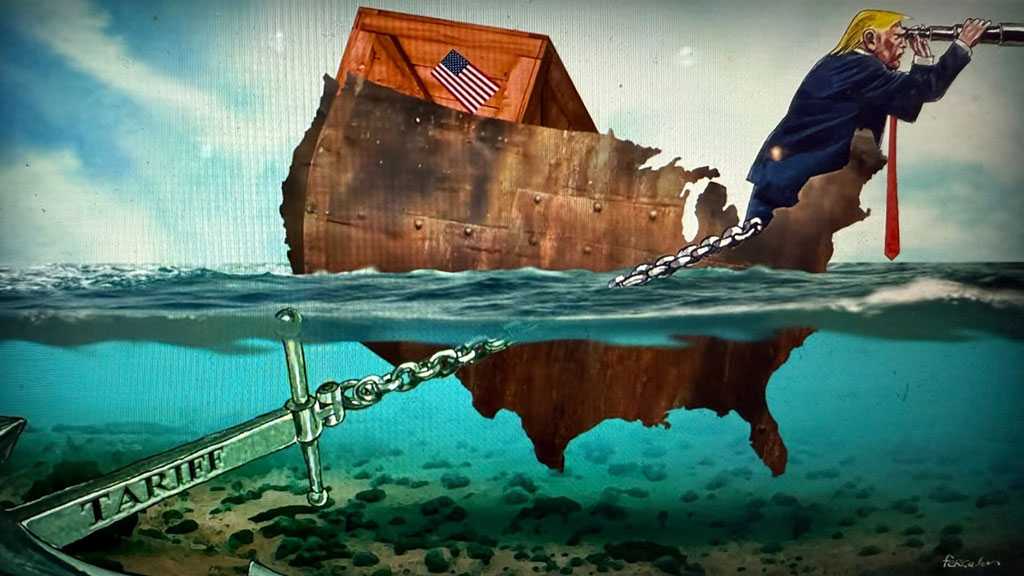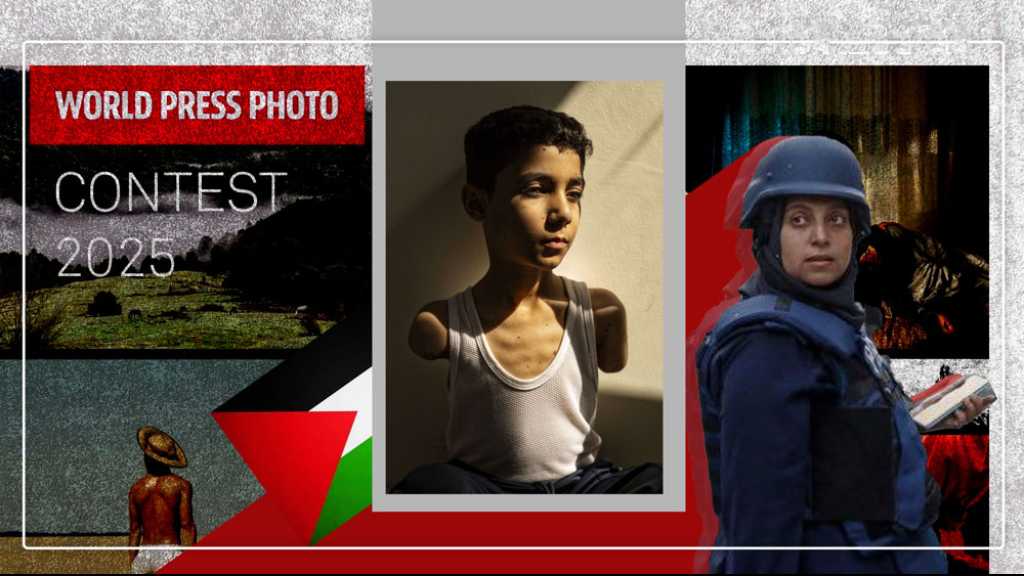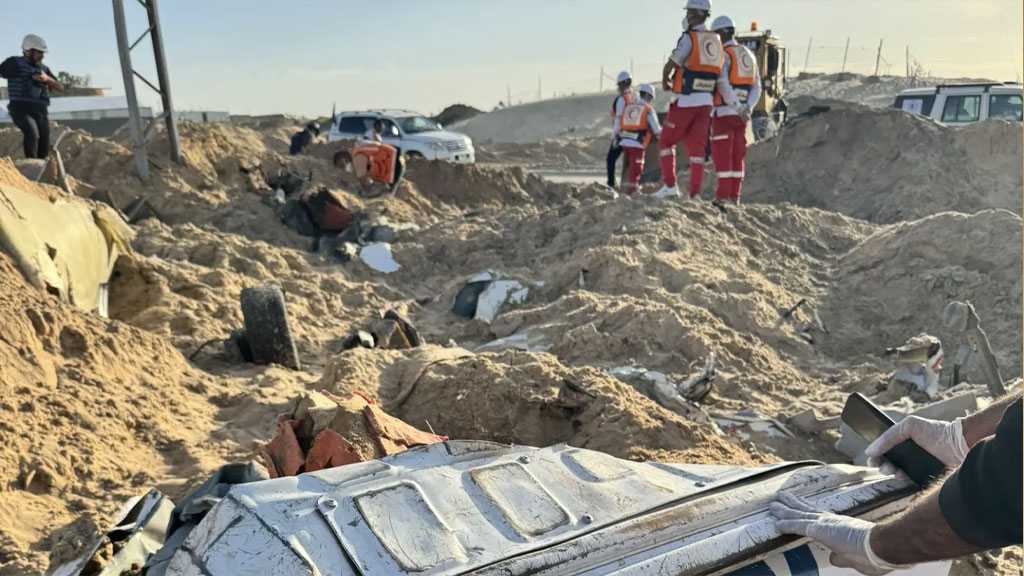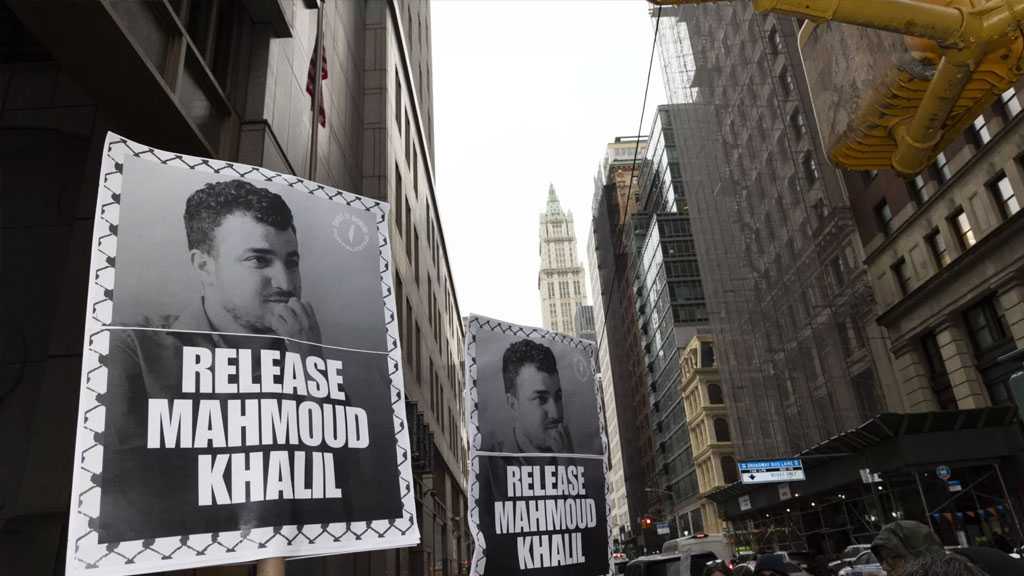
The Bahraini Medic Who Went to Save Lives and Put her Own in Danger

By Esther Addley
guardian.co.uk, 21-10-2011
Rula al-Saffar, whose appeal hearing is on Sunday, tells how she was tortured and jailed for treating injured protesters
When a Bahraini hospital started to take in casualties from the violent crackdown on protesters earlier this year, Rula al-Saffar was one of the first to volunteer. As a medical professor and president of the Bahraini Nursing Society, she was not on the staff of the overwhelmed Salmaniya hospital, but doctors needed all the help they could get.
Saffar could not have known at the time that in stepping in to help save lives she was endangering her own. Within weeks she would be arrested, charged, convicted in a trial lasting minutes and sentenced to 15 years in prison, along with 19 other hospital medics. Now she waits at home in Manama, an imminent appeal case her last chance for justice.
The authorities say that the doctors at the Salmaniya hospital abetted the uprising that shook the kingdom in February and March. But in an interview with the Guardian, Saffar says her six-month ordeal, which will culminate in an appeal hearing that starts on Sunday, has been a judicial farce.
Saffar was arrested on 4 April after receiving a late-night phone call ordering her to present herself to Bahrain's Central Investigation Department for interrogation. "The minute I entered they just closed the gate, and suddenly I was blindfolded, handcuffed and started being pushed and cussed at the whole time.
"I never knew why was I there. And then this woman started shouting at me, that you hate the system, that you were a protester against the system, against the king.
"I kept saying: 'No, this is not what happened,' and of course the minute you say no they beat you up and they electrocute you ... And I thought: 'How dare you do this?' Interrogation ... as you see in a democratic country, I thought my country had the same thing, where you have a right for your lawyer, they read your warrant. But this is not what happened to us."
Saffar spent five months in custody, enduring beatings, torture, sexual assault and threats of rape, before she was bailed in late August. On Sunday, Saffar and 19 other medics and paramedics will appeal against convictions - and sentences ranging between five and 20 years - that have been condemned by governments and medical associations around the world.
Amnesty International has said the charges are politically motivated and the trials were unfair, while the foreign secretary, William Hague, said he was "deeply concerned" by sentences handed down "after the briefest of hearings".
Speaking to the Guardian from her home in the Bahraini capital, Saffar, 49, spoke of her terror of being returned to custody and potential torture. "To this day, I keep thinking I am in a nightmare, one day I am going to wake up from it ... it's like a choo-choo train. It never ends. I can't imagine that we are going back again, to the same place, to be tortured again, to be questioned. And I don't know why.
"I know one thing. That I did my job. This is all that I know. I did my job and I will do it again and again and again. I am a nurse."
Saffar, who is also a professor at the College of Health Sciences, whose premises are inside the Salmaniya complex, first volunteered her services on 14 February after an influx of wounded protesters who had been occupying a roundabout in Manama began arriving at the hospital. In the days and weeks that followed the number of injured streaming into the hospital increased, she said, and doctors, nurses and volunteers took to sleeping in the hospital.
"We were treating the ill, we were taking care of the wounds, we were trying to keep the pathway open for the ambulances to come in and out, we were helping our colleagues to transfer patients, we were even helping to clean the hospital, because we reached a point in March where there were no cleaners."
Hospital administrators were present at all times, she said, and the doctors and paramedics who were later arrested were all working with permission.
On 15 March, however, struggling to deal with the growing protests, the king of Bahrain declared martial law, and shortly afterwards the hospital complex was seized. "And after they seized the hospital they started to detain anybody who was there. The funny part is this - they detained all the Bahraini Shia, and not the Sunni, and not the Christian, and not the Filipino, and not the Indian, and not the ones who have Bahraini passports who are Arab origin from different countries." Shias represent the majority in Bahrain, but the king and ruling class are overwhelmingly Sunni.
Saffar and the other detained medics were convicted on charges including "attempting to occupy by force a public building", "calling for regime change", "seizure of medical equipment" and "carrying out unnecessary operations resulting in the deaths of patients". They all denied all charges.
"Suddenly you hear the accusation while you are being interrogated that you had controlled the hospital," said Saffar. "How can I control the hospital where there are zillions of exits, and thousands of patients in there, while we are busy in the emergency department? This doesn't make any sense.
"One of the accusations was that I was stealing the blood from the blood bank and throwing it on the protesters to make them look so bad. Do you think we have a bazaar or a sale on blood? We barely had blood at that time."
She is most concerned about the implications of the medics' arrests, she said. "You know if anything happens right now in Bahrain, nobody is going to go and volunteer. Right now there are protests outside and I know the protesters are not going to the hospital, and people are dying at home. Because they are afraid of going to the hospital and being arrested. This was the only public hospital where poor people can be treated. People cannot trust the system any more."
Speaking from Brazil, Jose Luis Amaral, president of the World Medical Association, told the Guardian the sentences had shocked medical staff all over the world. "Doctors and medical associations must preserve independence, and they must perform their duties without any restriction. Medical neutrality is absolutely essential. This is a principle that cannot be broken."
Vivienne Nathanson, head of science and ethics at the British Medical Association, said: "Given that we have an absolutely clear ethical code that requires that doctors treat everyone regardless of politics or ethnicity, [it appears] that these doctors are being targeted for doing their ethical duty."
Janet Davies, executive director of nursing and service delivery at the Royal College of Nursing, said: "The eyes of nursing and the medical world are watching in the expectation that the Bahraini authorities will adhere to the agreements which they signed into national law."
There was one image from her period in detention, said Saffar, that she could not shake. "I walked by my colleagues, the male doctors. They were all blindfolded, handcuffed, and they were chained by the waist one to the other, and they were chained to the ankles. And they were left in the heat. And I was walking by them, and I thought: 'Oh my God, am I in the slavery times, or what?' I am Bahraini. When I go to bed I think of this image, and I just cannot get it out of my mind.
"These are well-known doctors. They have served the country for 20 years. They were trained in UK, Scotland, Ireland, United States, we were all trained outside. And we have served this country and we are proud of our country. We go to international arenas and we represent our country. But I never thought my country would do that to me or my colleagues. Never."
Asked about her expectations of a fair hearing at her appeal, Saffar said she had no faith in the Bahraini system. "To think that I am going to go back again, it is ... it's unbelievable and unheard of. But if this is what is going to happen, then let it happen. But know for a fact that I know deep in my heart and in front of God that I am innocent, my colleagues are innocent, and we have done our jobs."
Comments



